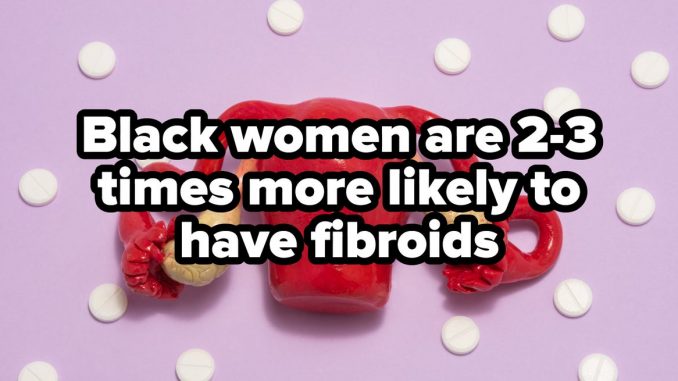
[ad_1]
What treatment options are available?
“The majority of my patients are told that a hysterectomy is their only option, but there are other options available.”
Dr. Hardee and his partner, Dr. William C. Fox, have over 35 years in combined experience performing Uterine Fibroid Embolization (UFE) and are very passionate about this nonsurgical, uterine-sparing therapy. In addition to UFE, Dr. Hardee outlined the various treatment options below, which include both noninvasive procedures as well as surgical options, including a hysterectomy.
Noninvasive options/Uterine-sparing therapy:
— Medical therapy is usually the first thing tried in patients and can include oral contraceptive pills or other agents that can be used temporarily to decrease fibroid symptoms or size.
— Intrauterine devices are sometimes tried, which may decrease bleeding in some patients.
— MR-guided focused ultrasounds can treat fibroids in a limited number of patients, although most do not qualify due to uterine fibroid anatomy or lack of insurance coverage.
— Uterine Fibroid Embolization (UFE) is an outpatient, minimally-invasive option that eliminates fibroid symptoms without surgery or the prolonged 4–6-week recovery period required. A tiny catheter is inserted and used to inject particles that shut down the blood flow to the fibroids forcing them to shrink, become dormant and ultimately eliminating all of their inherent symptoms. The advantages of UFE include no incision or scar, and no need to remove body parts. The procedure is done on an outpatient basis with no hospitalization required. There is a very short recovery period, with most women resuming normal activity and returning to work in 7–10 days.
Surgical options:
— Myomectomy: This is a surgical procedure to remove uterine fibroids. The surgeon’s goal during myomectomy is to take out symptom-causing fibroids and reconstruct the uterus. Unlike a hysterectomy, which removes your entire uterus, a myomectomy removes only the fibroids and leaves your uterus.
— Hysterectomy: The entire uterus is removed completely.
[ad_2]
Source link








Leave a Reply